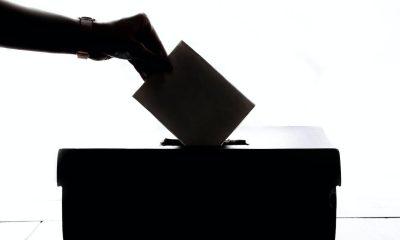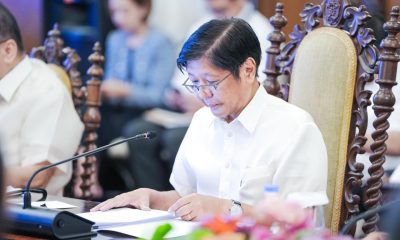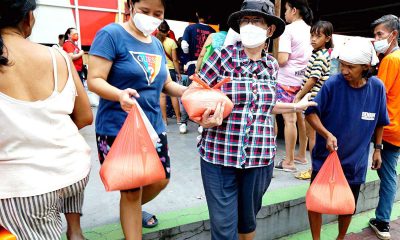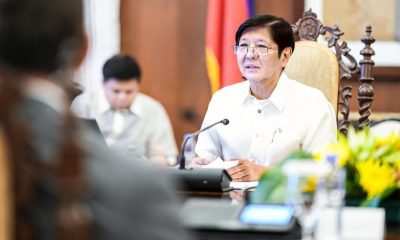Breaking
Trudeau wants alternative to first past the post by next election
OTTAWA — Justin Trudeau wants this fall’s national vote to be the last federal election conducted under the first-past-the-post electoral system.
And, if the Liberal leader becomes prime minister, it may also be the last election in which Canadians can choose not to vote and the last in which they can only vote by marking an X on a paper ballot.
Changing the way Canadians vote is just one element of a sweeping, 32-point plan to “restore democracy in Canada” that Trudeau is poised to announce today.
Among other things, he will unveil proposals to empower backbench MPs and Commons committees, make government more transparent and responsive to citizens and end partisanship in the scandal-plagued Senate.
The Canadian Press has learned that one element will be a vow to do away with first-past-the-post (FPTP) in time for the next election.
FPTP badly distorts voters’ choices, allowing a party to win the majority of seats in the House of Commons with less than 40 per cent of the vote and delivering wildly different seat counts to parties that win similar shares of the vote.
Trudeau is set to announce that he would introduce electoral reform legislation within 18 months of forming government; it would be based on the recommendations of a special, all-party parliamentary committee mandated to fully and fairly study alternatives to FPTP, including ranked ballots and proportional representation.
The committee would also explore the notions of mandatory voting and online voting.
In a sneak preview video message sent to Liberal supporters Monday, Trudeau says he’ll present a plan for a fair and open government that works for all Canadians.
“It’ll change the way you vote, improve how government serves you and ensure that Parliament is more than just the prime minister’s rubber stamp.”
Many of the elements of the 32-point plan have been announced piece-meal by Trudeau over the past couple of years, such as his proposals to strengthen access-to-information laws and to return the Senate to its intended role as an independent chamber of sober second thought.
But others are new or build on previous promises, including the 18-month deadline for introducing a new electoral system that produces a House of Commons more reflective of how Canadians vote.
Asking a parliamentary committee to explore mandatory voting is also new. The party sought grassroots reaction to the notion of legally compelling Canadians to vote, as is done in Australia, in a survey last summer, but has not committed to take it any further until now.
The survey followed an analysis by one of Trudeau’s senior policy advisers, University of Ottawa academic Robert Asselin, who advocated mandatory voting and the introduction of preferential or ranked ballots as ways to re-engage Canadians in the political process.
Turnout in federal elections has plunged from a high of almost 80 per cent of eligible voters in 1958 to a record low of 58.8 per cent in 2008, according to Elections Canada. It rebounded slightly in 2011 to 61.1 per cent.
Under Asselin’s proposal, eligible voters would be legally required to vote but would have the option of voting for “none of the above.” Those who didn’t vote would face a small fine.
Electronic voting has also been touted as a way to entice busy Canadians to cast ballots. But Prime Minister Stephen Harper’s Conservative government last year effectively scotched Elections Canada’s plans to experiment with online voting, requiring any such tests to be approved by Parliament.
FPTP has long been viewed as the primary culprit behind declining turnout, contributing to Canadians’ belief that their votes don’t count.
Trudeau personally favours replacing it with preferential balloting, in which voters rank their first, second, third and subsequent choices. If no candidate receives an absolute majority on the first ballot, the last-place candidate is eliminated and his or her supporters’ second-choice votes are counted. That continues until one candidate receives over 50 per cent.
However, Trudeau has also said he’s willing to consider proportional representation, a more complex reform for which there are a variety of possible models. Essentially, it involves electing multiple representatives for each constituency, with the seats divvied up in proportion to the share of votes won by each party in each riding.






















